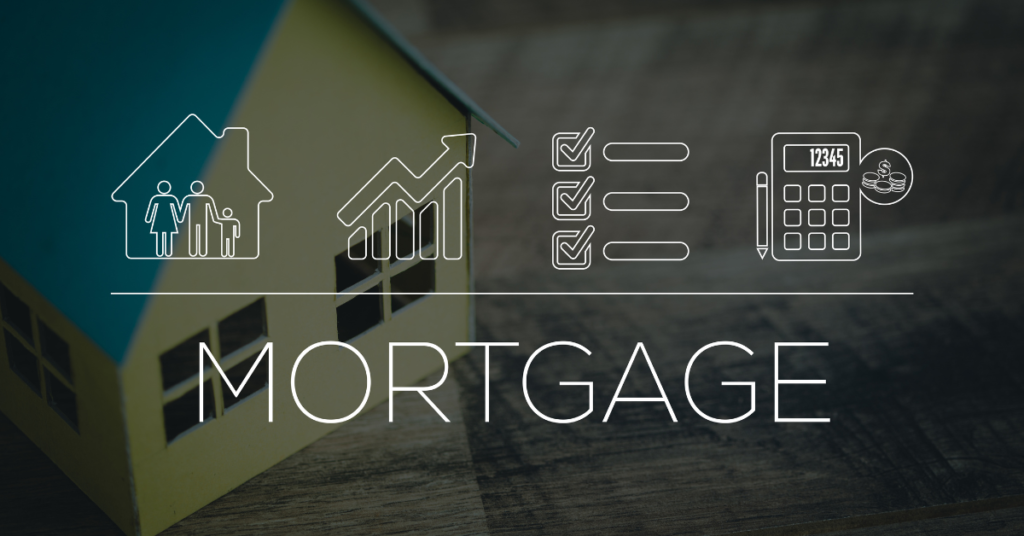Are you considering a 2/1 buydown as a financial strategy but unsure if it is the right move for you? Look no further, as this article aims to demystify and provide comprehensive insights into the workings of the 2/1 buydown. Whether you are a first-time homebuyer or someone looking to refinance, understanding this popular mortgage option can potentially save you thousands of dollars in interest payments over time. Join us as we delve into the intricacies of this buydown strategy and help you determine if it aligns with your financial goals and circumstances.
How Does a 2/1 Buydown Work?
A 2/1 buydown is a type of mortgage arrangement that allows borrowers to lower their initial interest rate by paying additional fees upfront. With this buydown, the borrower pays extra points during closing so that the lender can reduce the interest rate for the first two years of the loan. After these initial two years, the rate increases by 1% annually until it reaches its permanent level.
This structure provides borrowers with short-term savings on their monthly mortgage payments, making homeownership more affordable in those initial years when expenses might be higher due to moving costs or renovations. Overall, it’s essential to carefully evaluate your financial situation and long-term plans before considering a 2/1 buydown as it may not always be suitable for everyone’s circumstances.
Pros:
- Lower payments in the beginning make buying a home more manageable.
- The ability to allocate saved money towards other expenses initially.
Cons:
- The potential increase in future payments as rates rise after two years.
- The need for additional funds upfront during closing.
Pros and Cons of a 2/1 Buydown
Pros of a 2/1 Buydown
A 2/1 buydown can provide several advantages for homeowners:
- Lower initial payments: With a 2/1 buydown, borrowers can enjoy lower mortgage payments during the first two years. This can be particularly beneficial if they anticipate a decrease in income or want to allocate funds to other financial goals.
- Gradual payment increase: After the initial period ends, borrowers will see their monthly payments gradually rise over time. This allows for better budget planning and adjustment as finances stabilize.
- Potential savings on interest: By paying off part of the loan principal upfront, homeowners may save money on interest over the life of the loan.
Cons of a 2/1 Buydown
While there are benefits, it’s important to consider potential drawbacks:
- Higher closing costs: A 2/1 buydown often involves additional fees at closing. Homebuyers should carefully weigh these extra costs against the potential long-term savings before committing to such an arrangement.
- Limited benefit in certain situations: If borrowers plan to sell or refinance within the first few years after purchasing their home, they might not reap significant advantages from a 2/1 buydown since they won’t fully benefit from reduced early payments or accumulated equity.
- Less flexibility with spending: Although monthly expenses are initially lower with a 2/1 buydown, this financial strategy limits available funds for other purposes during that time frame. It’s essential to assess personal priorities and necessities before opting for this option.
Who Benefits the Most from a 2/1 Buydown?
Homebuyers Looking for Lower Monthly Payments
If you’re seeking more affordable monthly payments, a 2/1 buydown can be advantageous. By temporarily reducing your interest rate during the first two years of your mortgage, this strategy allows you to pay lower installments early on. This is especially beneficial if you expect your income to increase in the future or prefer to allocate those savings towards other financial goals.
Borrowers Planning to Move Within a Few Years
The flexibility offered by a 2/1 buydown makes it attractive for individuals who anticipate moving within the initial few years of their loan term. Since it lowers the rates upfront, this arrangement provides monetary relief and improves cash flow during that crucial relocation period. Whether relocating due to work or family reasons, this option minimizes immediate financial strain as you transition into a new home.
First-time Homebuyers with Initial Cash Flow Constraints
For first-time homebuyers who might face tight budgets after making down payments and covering closing costs, opting for a 2/1 buydown could provide much-needed breathing room financially. The reduced initial principal and interest payments allow them time to adjust while also potentially saving money or building an emergency fund. It’s an opportunity for new homeowners grappling with numerous expenses associated with buying property to establish themselves comfortably without feeling overwhelmed by additional monthly mortgage obligations.
Is a 2/1 Buydown the Right Financial Move for You?
A 2/1 buydown can be a smart financial move in certain circumstances. It allows you to temporarily lower your mortgage interest rate during the first two years of your loan. This means that you will have lower monthly payments at the beginning, making homeownership more affordable.
Before deciding if a 2/1 buydown is right for you, consider these factors:
- Your budget: Evaluate whether or not you have enough savings to cover the additional costs associated with buying down your interest rate.
- How long you plan to stay in your home: If you only plan on staying in the house for a short period, it may not make sense to pay upfront fees to lower your interest rate.
- Future income expectations: Consider any expected changes in income over the next few years. A higher salary could make affording an initially higher mortgage payment more manageable.
Ultimately, determining whether or not a 2/1 buydown is suitable for you depends on carefully considering your current and future financial situation. Seek guidance from a qualified financial advisor or mortgage lender who can help analyze these factors and guide you toward making an informed decision.
You may also be interested in reading What is a Mortgage Pre-Approval.

